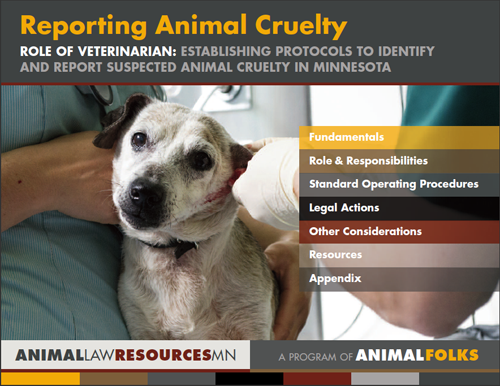Animal cruelty is a pervasive societal issue that unfortunately affects countless animals across the United States, including in Maryland. Addressing this issue requires knowledge about how to effectively report suspected cases of cruelty. Knowing the specific procedures, the appropriate authorities to contact, and the legislation in place can empower citizens to take action and safeguard their fellow residents—both human and animal. This article delineates the necessary steps to report animal cruelty in Maryland while providing essential information on the types of content readers can expect.
Understanding Animal Cruelty
Before delving into the reporting procedures, it is pivotal to comprehend what constitutes animal cruelty. In Maryland, the law encompasses a broad spectrum of offenses, including but not limited to neglect, physical abuse, and abandonment. Neglect may manifest as inadequate food, water, shelter, or veterinary care, while physical abuse encompasses actions like beating, torturing, or otherwise inflicting harm on an animal.
Maryland criminalizes various forms of animal cruelty under the Animals Law (Title 10, Subtitle 6). Recognizing these definitions is crucial for individuals who may witness or suspect acts of cruelty. Educating oneself about the legal parameters ensures that reports made are consistent with existing statutes.
Types of Animal Cruelty
There are several categories of animal cruelty that can be reported:
- Neglect: Failure to provide necessities such as food, water, and adequate living conditions.
- Physical Abuse: Deliberate harm through violent acts such as kicking, beating, or mutilation.
- Abandonment: Leaving pets in desolate areas without care or provisions.
- Fight Club Operations: Engaging animals in fight sports, which is illegal and inherently cruel.
- Puppy Mills: Inhumane breeding practices that prioritize profit over animal care.
How to Report Animal Cruelty
When you suspect an incident of animal cruelty, the following steps delineate the reporting process:
- Observe and Document: Make detailed notes about what you observed. Include descriptions of the animals involved, their condition, and any identifiable information about the perpetrators. Photographic evidence can also bolster your report.
- Identify the Appropriate Authorities: In Maryland, animal control officers, local police departments, and the Maryland Department of Agriculture are equipped to handle cruelty cases. Each jurisdiction may have different agency structures, so it’s prudent to check your local authorities.
- Contact Animal Control: Most municipalities maintain an animal control division that handles cruelty cases. You can often find contact information for your locality on the county health department’s website.
- Call Local Law Enforcement: If the situation poses immediate danger to the animal or involves violent individuals, do not hesitate to call 911. Law enforcement officers are trained to deal with such emergencies.
- Utilize State Resources: The Maryland Department of Agriculture supports reporting avenues for animal cruelty through their website. Additionally, organizations like the Maryland SPCA provide resources and can assist in the reporting process.
- File a Formal Complaint: Follow through with your claim and, if possible, follow up to ensure action is taken. Knowing the status of your report reinforces the seriousness of the issue.
What to Expect After Reporting
Once a report is made, expect a thorough investigation to commence. Authorities may contact you for further information if necessary. Depending on the specifics of the case, animals may be rescued, and perpetrators may face legal action, which may include fines or imprisonment. Your willingness to report can lead to significant changes, including improved conditions for neglected or abused animals.
Protecting Your Rights as a Reporter
In Maryland, various laws protect individuals who report animal cruelty from retaliation or legal repercussions. It’s essential, however, to provide information in good faith; false reporting can lead to serious legal ramifications.
Educational Outreach and Community Involvement
Incorporating education regarding animal welfare in community programs fosters a broader understanding of animal rights. Workshops and seminars can arm the public with information about how to prevent animal cruelty and advocate for animals effectively. Furthermore, collaboration with local shelters can create avenues for increased awareness and action in the community.
Conclusion
Reporting animal cruelty is not merely an act of civic duty; it is a profound moral imperative that mirrors our society’s values. Understanding the classifications of cruelty, who to contact, and the procedures involved enhances our collective responsibility to safeguard animals in Maryland. Every step toward effective reporting is a stride toward compassion and justice for those who cannot voice their suffering. By taking these actions, individuals contribute to a culture of awareness and protection for vulnerable creatures, promoting a kinder world for all beings.








